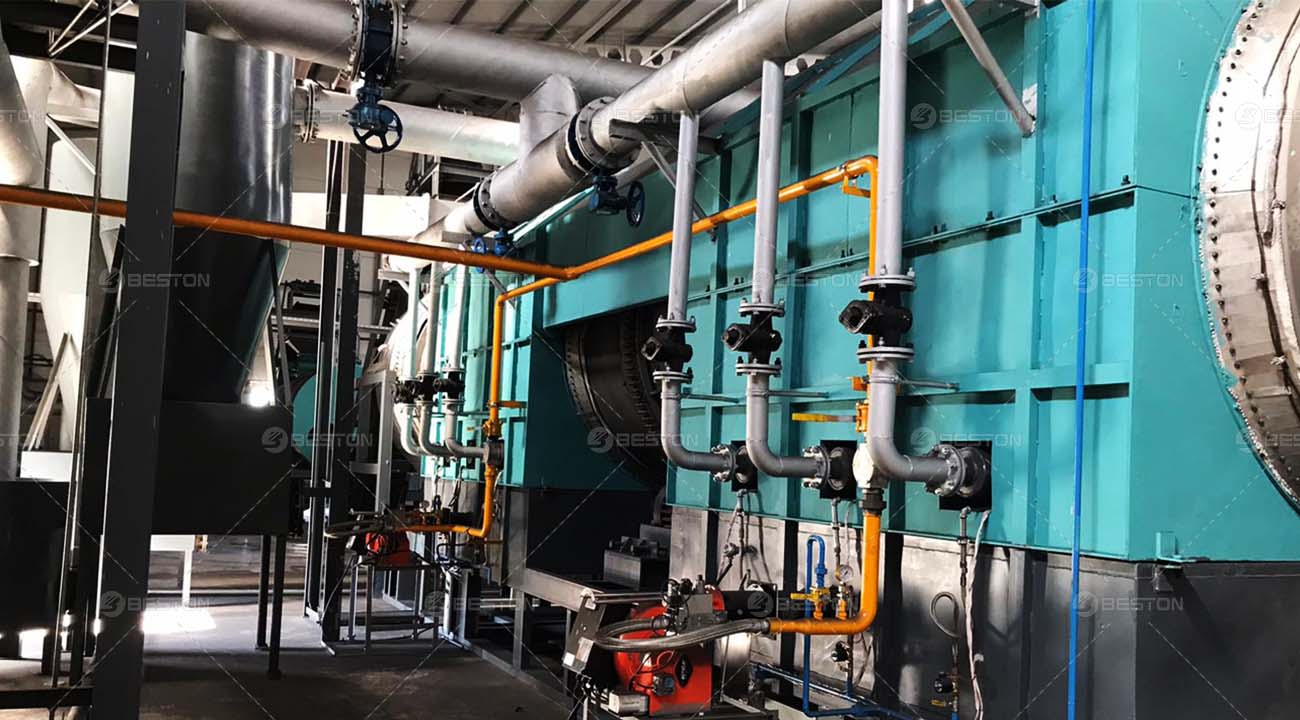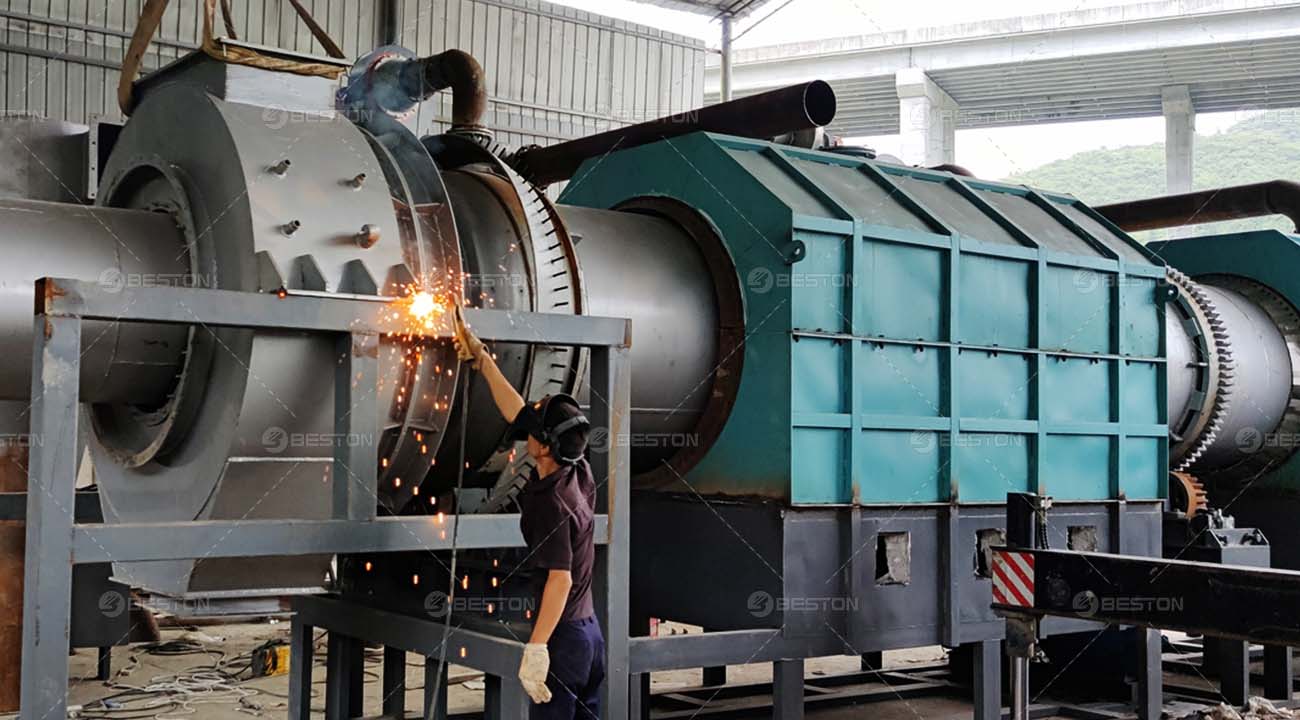In today’s era of sustainable business practices, coconut shell charcoal production has emerged as an environmentally friendly and economically viable industry. With the increasing demand for alternative energy sources and eco-friendly products, investing in a coconut shell charcoal making machine holds promising potential. This article aims to explore the profitability of such an investment and shed light on the factors contributing to its success.

Understanding Coconut Shell Charcoal Making Machine
Coconut shell charcoal making machine is sophisticated equipment designed to convert coconut shells into high-quality charcoal. These machines employ a carbonization process that involves heating the coconut shells at high temperatures in a low-oxygen environment. As the shells undergo thermal decomposition, they transform into charcoal while preserving their natural properties.
There are two primary types of coconut shell charcoal making machines: traditional carbonization methods and modern, automated carbonization machines. Traditional methods often involve the use of kilns or earth mound pits, which require manual monitoring and frequent manual intervention. On the other hand, modern machines utilize advanced technology and automation, ensuring more efficient and consistent charcoal production.
Benefits of Investing in a Coconut Shell Charcoal Making Machine
Investing in a coconut shell charcoal making machine offers numerous benefits that contribute to its profitability.
Firstly, these machines ensure the production of high-quality charcoal. Coconut shell charcoal retains the natural properties of coconut shells, such as their hardness and density, which are essential for efficient combustion. Additionally, the charcoal produced has low ash content and high carbonization efficiency, making it a desirable choice for various applications, including cooking, water purification, and industrial processes.
Secondly, investing in a biomass pyrolysis plant proves cost-effective and can significantly enhance profitability. Coconut shells, a byproduct of the coconut industry, are readily available at low or no cost in many regions. By utilizing these inexpensive raw materials, the production costs of charcoal are minimized, maximizing potential returns. Furthermore, the versatility of coconut shell charcoal enables entrepreneurs to explore multiple revenue streams, including selling to end consumers, supplying to retailers, or supplying to other industries.
Factors to Consider Before Investing
Before embarking on the investment journey, it is crucial to consider several factors that can impact the profitability of a coconut shell charcoal making machine.
Market demand and competition play a vital role in determining the success of any business. Analyzing market trends, consumer preferences, and potential target markets is crucial for creating a sustainable customer base. Conducting thorough market research and identifying niche markets or untapped regions can provide a competitive advantage.
Another critical factor to evaluate is the machine’s capacity and production output. Assessing the desired production volume and matching it with the machine’s capacity and efficiency is vital. Investing in a machine that aligns with production requirements prevents underutilization or overburdening, ensuring optimal productivity and cost-effectiveness.
Return on Investment (ROI) Analysis
Conducting a comprehensive ROI analysis is essential to ascertain the profitability of investing in a charcoal making machine for sale.
The initial investment cost includes the machine purchase cost and installation and setup expenses. While prices may vary depending on the machine’s size, capacity, and automation level, it is crucial to consider long-term reliability and quality when making a purchase decision.
Operating costs, such as raw material expenses, labor costs, and maintenance requirements, should be carefully estimated. Efficient procurement of coconut shells, streamlined production processes, and regular machine maintenance can help optimize costs and maximize profitability. Simultaneously, estimating revenue from charcoal sales based on market prices and projected demand is crucial for evaluating the investment’s financial viability. If you still have doubts about the profitability of this machine, you can go to Beston Group to find the answer. This is an experienced charcoal making machine producer.
Conclusion
Investing in a coconut shell charcoal making machine presents a lucrative opportunity for entrepreneurs seeking profitable ventures with environmental sustainability at their core. The high-quality charcoal production, cost-effectiveness, and potential for multiple revenue streams make this investment option appealing. By considering factors such as market demand, machine capacity, and conducting a comprehensive ROI analysis, entrepreneurs can make informed decisions and unlock the profitability potential of the coconut shell charcoal industry.